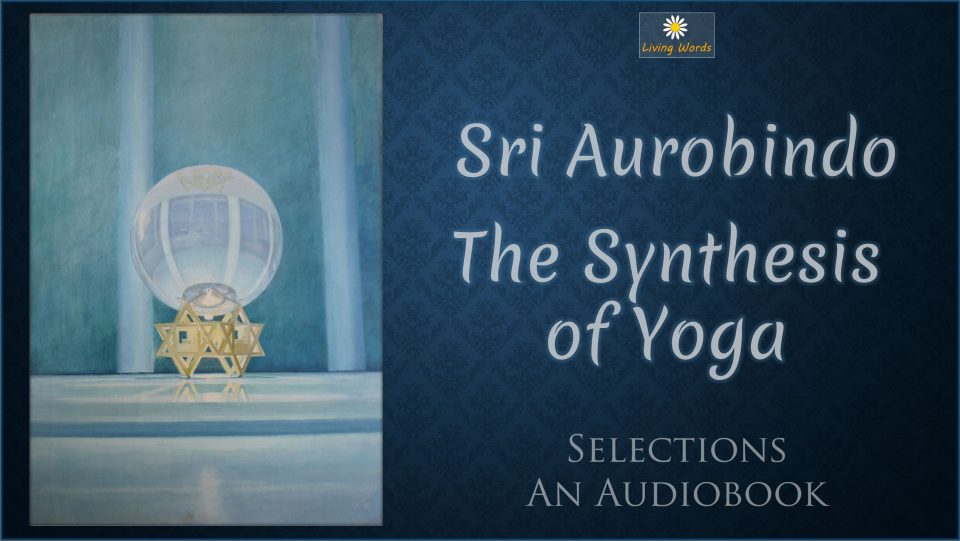4. The Way of Love
4.3 Three Stages of Seeking Through Devotion of the Mind
There is also the consecration of the thoughts to the Divine. In its inception this is the attempt to fix the mind on the object of adoration,—for naturally the restless human mind is occupied with other objects and, even when it is directed upwards, constantly drawn away by the world,—so that in the end it habitually thinks of him and all else is only secondary and thought of only in relation to him. This is done often with the aid of a physical image or, more intimately and characteristically, of a mantra or a divine name through which the divine being is realised. There are supposed by those who systematise to be three stages of the seeking through the devotion of the mind, first, the constant hearing of the divine name, qualities and all that has been attached to them, secondly, the constant thinking on them or on the divine being or personality, thirdly, the settling and fixing of the mind on the object; and by this comes the full realisation. And by these, too, there comes when the accompanying feeling or the concentration is very intense, the Samadhi, the ecstatic trance in which the consciousness passes away from outer objects. But all this is really incidental; the one thing essential is the intense devotion of the thought in the mind to the object of adoration. Although it seems akin to the contemplation of the way of knowledge, it differs from that in its spirit. It is in its real nature not a still, but an ecstatic contemplation; it seeks not to pass into the being of the Divine, but to bring the Divine into ourselves and to lose ourselves in the deep ecstasy of his presence or of his possession; and its bliss is not the peace of unity, but the ecstasy of union. Here, too, there may be the separative self consecration which ends in the giving up of all other thought of life for the possession of this ecstasy, eternal afterwards in planes beyond, or the comprehensive consecration in which all the thoughts are full of the Divine and even in the occupations of life every thought remembers him. As in the other Yogas, so in this, one comes to see the Divine everywhere and in all and to pour out the realisation of the Divine in all one’s inner activities and outward actions.
[CWSA 24: 574 – 575]




